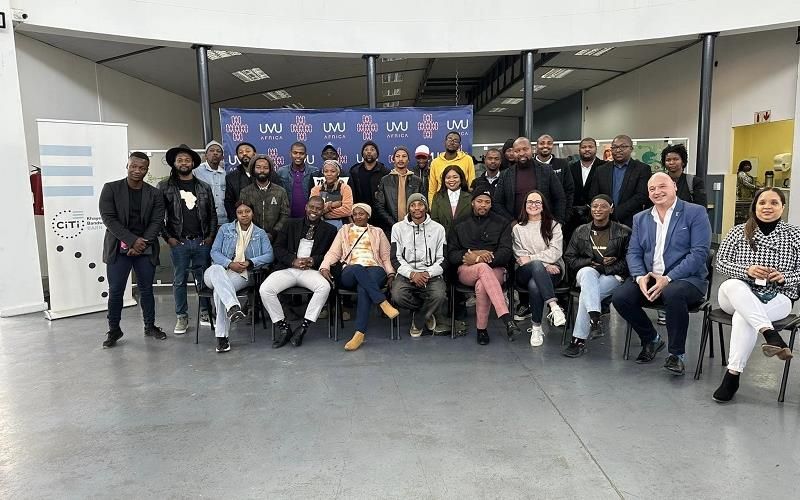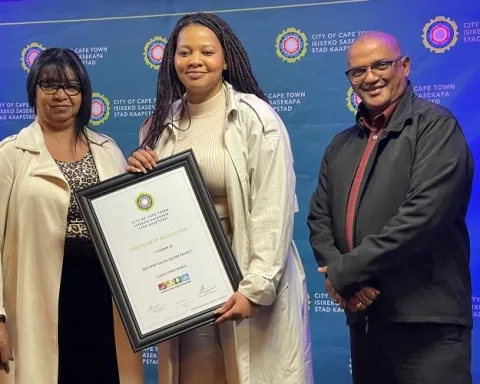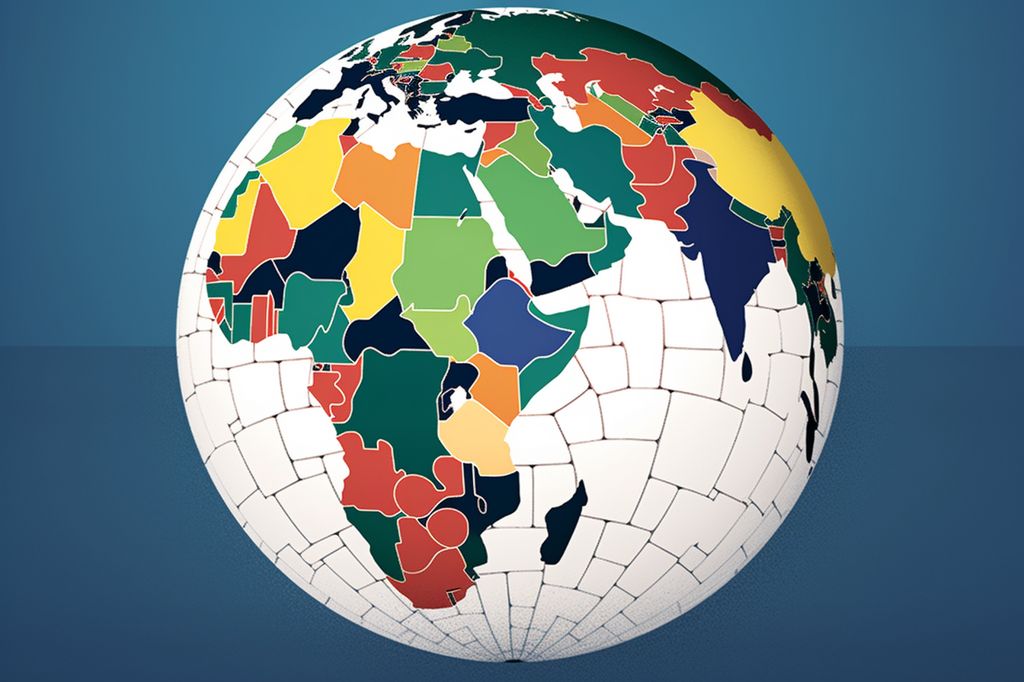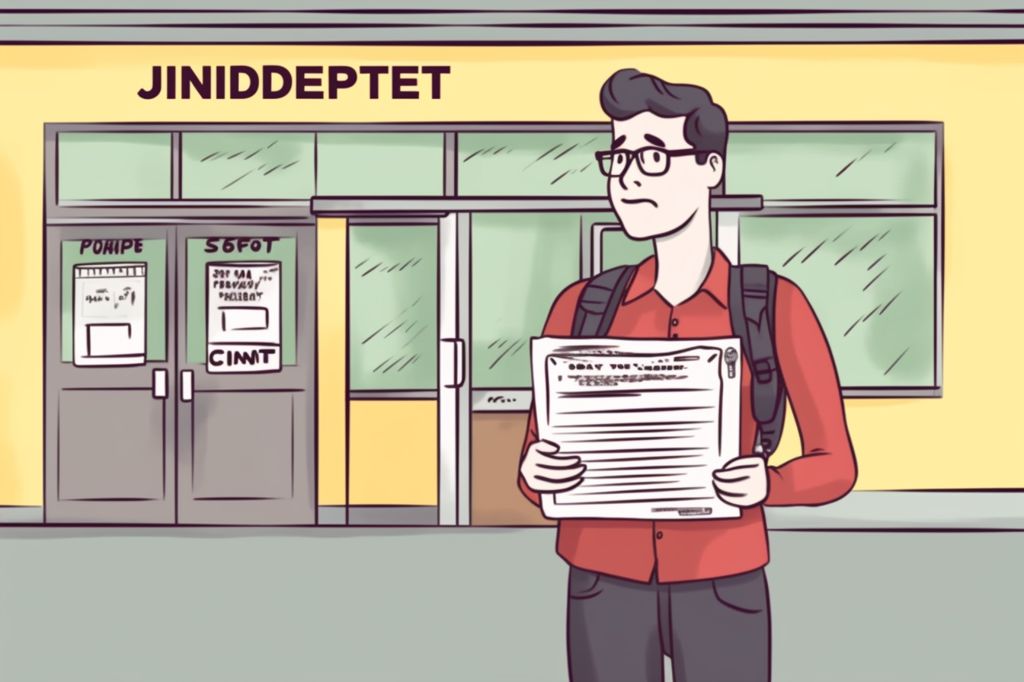The City of Cape Town’s Cape Skills and Employment Accelerator Project celebrated another cohort of young Capetonians’ graduation. The graduation ceremony took place at the Banqueting Hall in the Civic Centre, where Alderman James Vos, the Mayoral Committee member for Economic Growth, graced the event. Alderman Vos discussed the program’s performance, which aims to provide economic opportunities for unemployed young people.
Equipping Capetonians for High-Growth Industries
Over the past two years, the Cape Skills Project has trained over 2,700 young Capetonians for the clothing and manufacturing and call center industries. The graduates celebrated this week had trained at 45 manufacturing SMMEs located throughout the metro, including Lakeside, Masiphumelele, Tableview, Brackenfell, and Claremont.
The Cape Skills Project is a first for a municipality and is funded primarily by the City and the National Skills Fund. The project is facilitated by the City’s Special Purpose Vehicle (SPV), the Craft and Design Institute, and CapeBPO. It was designed to ensure skill pipelines for high-growth industries driving demand.
Addressing Youth Unemployment
According to Alderman Vos, there is a direct correlation between South Africa’s youth unemployment crisis and the lack of valuable skills. “This project was designed to respond to a skills need in Cape Town’s high-growth industries and the needs of youths wanting to become part of the city’s workforce,” said Alderman Vos. “The City of Cape Town is working methodically to meet this challenge head-on, and our efforts are bearing fruit.”
Focusing on Skills Development
Alderman Vos highlighted the importance of skills development in the face of challenges businesses currently face, such as energy security and safety. Skilled individuals are necessary to grow businesses and innovate industries. As a result, the City is not only investing in training but also focusing on skills development in sectors that are thriving and have future growth potential. This strategic approach aims to make Cape Town more productive and competitive.
Commitment to Building a Community of Diversely Skilled Capetonians
“I can confidently say this City government is committed to building a community of diversely skilled Capetonians through priority projects with our SPVs. We have the foresight and vision to make Cape Town the best city in Africa to do business and work,” said Alderman Vos.
The Cape Skills and Employment Accelerator Project’s continued success in equipping young Capetonians with in-demand skills showcases the City’s commitment to addressing the unemployment crisis and driving economic growth. The achievements of these graduates are a beacon of hope for a bright and prosperous future, not just for themselves, but for the entire city.












